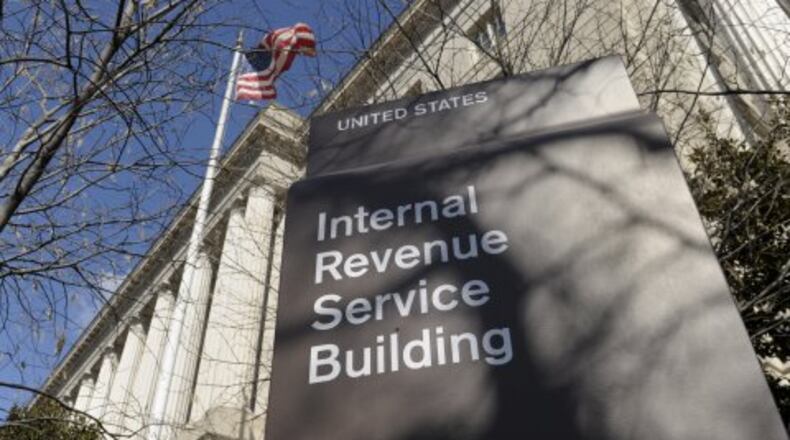Back in September, the inspector general for the IRS issued a report warning that budget cutbacks had already endangered the agency's ability to protect taxpayer information from cyberattacks and to prevent fraud in the administration of ObamaCare. In addition, it warned that the agency also lacks the ability to prevent billions of dollars in fraud in child-care and earned-income tax credits.
In a separate audit in September, the IRS inspector general warned that since 2010, funding cutbacks had reduced the agency's Automated Collection System workforce by 39 percent. (ACS tracks taxpayers who fail to file returns or pay taxes and works with delinquent taxpayers to bring them up to date). As a result, the inspector general said, revenue was declining and the backlog of cases was growing -- the agency simply doesn't have the resources to correct the problem.
The IRS Oversight Board, a citizen panel created by a Republican Congress in 1998 to help "rein in" the agency, is even more blunt about the impact of cuts imposed since 2010. IRS staffing is down 26 percent from two decades ago, and some 5,000 enforcement agents have disappeared from its payroll just since 2010. That's pretty dumb, since every dollar spent on enforcement is estimated to produce $7 in additional revenue to help cut the deficit.
The board notes that accounting for inflation, IRS funding is now at the lowest level since the oversight board was created. And that will have consequences:
"The stability of our nation's tax system will .... be at risk if enforcement plummets and the tax gap grows. ...The Board believes under-funding the IRS only punishes America's taxpayers and endangers the fiscal health of our nation and critical programs upon which Americans depend."
The damage being done is significant and is being felt by everyday Americans. The board notes that in 2010, it took the IRS an average of 10.8 minutes to answer a phone call, and 26 percent of callers abandoned hope and ended the call before they could get help. By 2013, because of staffing cuts, the average call took 17.6 minutes, and 39 percent of taxpayers hung up before getting to speak to someone.
Without more resources, and with additional IRS responsibility for administering the Affordable Care Act, the board predicts that in 2015, almost half of phone calls seeking help and information will end with the taxpayer hanging up in frustration. They simply do not have the manpower to handle the load.
To repair the damage done already by cutbacks, the IRS oversight board has recommended a $2.3 billion increase in funding in fiscal 2015. That's not going to happen. Instead, as a condition for allowing government to stay in operation during the current budget standoff, Republicans in Congress have insisted that the IRS budget be cut by another $345.6 million. They're getting their way.
I suppose they think that's some kind of revenge for the IRS' perceived persecution of conservatives, but the agency isn't some living, breathing entity that feels pain or retribution. It also won't affect IRS employees all that much, because they'll keep coming into work, doing their job and going home at night, just like before.
However, enforcement will decline, tax cheaters will prosper and even be encouraged, honest taxpayers will get played for suckers, revenue will fall, the deficit will rise and hundreds of thousands of Americans who call the IRS for information or assistance will be stuck on the line for an eternity before hanging up, angry at what looks from their end to be an arrogant, unresponsive government that is supposed to be helping them. Those taxpayers will mutter that no business would ever get away with treating its customers that way. They will be right.
That's because no business is run by people whose goal is to make customers hate that business. It's dumb and it's destructive, but that's what happens when we are governed by children.
UPDATE: Here's the IRS budget totals since 2002. It includes data for what the IRS Oversight Board requested, what the White House requested, and what Congress ultimately approved. It does not include data for fiscal 2015, in which the budget will drop further to $10.9 billion:
About the Author
The Latest
Featured



